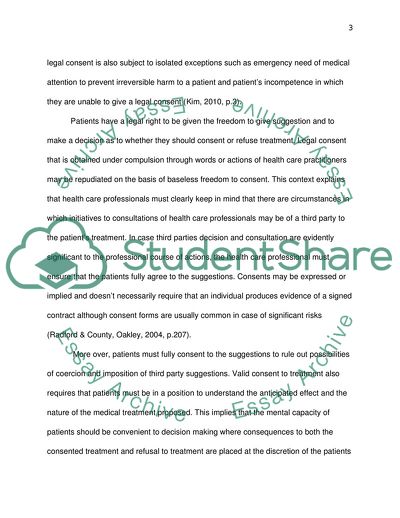Cite this document
(Health Care Ethics Essay Example | Topics and Well Written Essays - 1250 words, n.d.)
Health Care Ethics Essay Example | Topics and Well Written Essays - 1250 words. https://studentshare.org/ethics/1769738-health-care-ethics
Health Care Ethics Essay Example | Topics and Well Written Essays - 1250 words. https://studentshare.org/ethics/1769738-health-care-ethics
(Health Care Ethics Essay Example | Topics and Well Written Essays - 1250 Words)
Health Care Ethics Essay Example | Topics and Well Written Essays - 1250 Words. https://studentshare.org/ethics/1769738-health-care-ethics.
Health Care Ethics Essay Example | Topics and Well Written Essays - 1250 Words. https://studentshare.org/ethics/1769738-health-care-ethics.
“Health Care Ethics Essay Example | Topics and Well Written Essays - 1250 Words”. https://studentshare.org/ethics/1769738-health-care-ethics.


